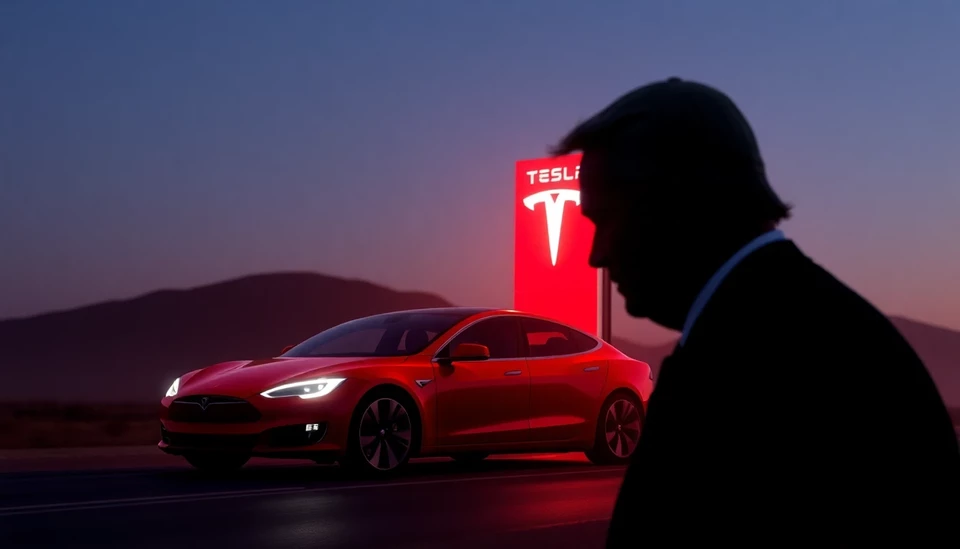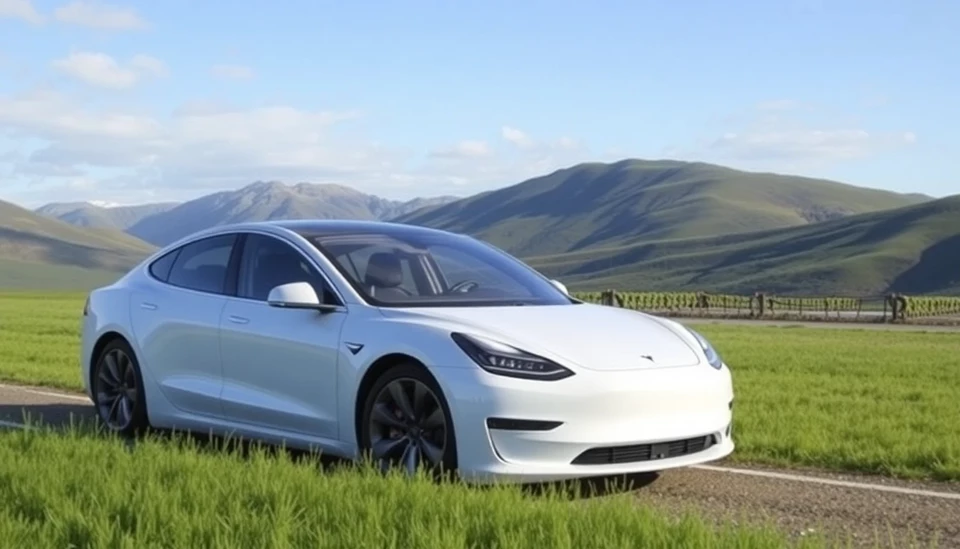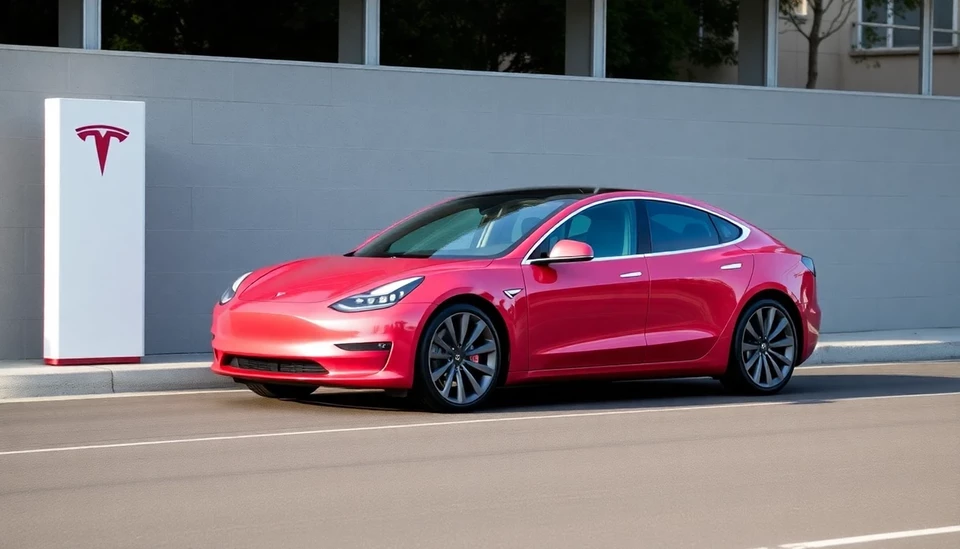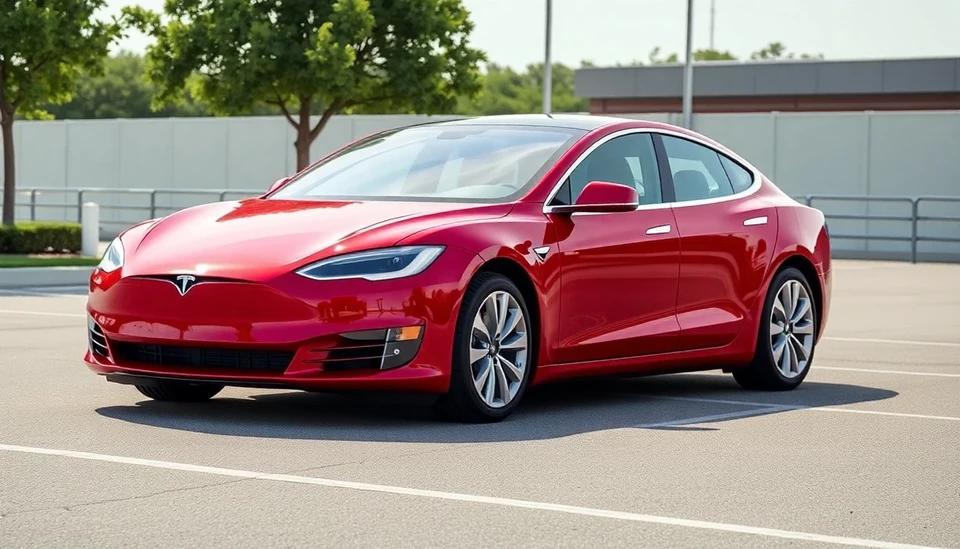
As we navigate through an ever-evolving political landscape, the potential impact of former President Donald Trump's policies on Tesla Inc. cannot be overlooked. Analysis indicates that if Trump returns to power in the upcoming elections, his administration could introduce changes that might diminish Tesla's profitability significantly—by as much as 40%. This could reshape the future of one of the world's leading electric vehicle manufacturers.
Trump's previous tenure was marked by a distinct approach to electric vehicle subsidies and renewable energy investment. Reports suggest that his administration favored traditional energy sectors, potentially harboring sentiments against electric vehicle incentives that have been critical for Tesla's growth. The elimination or reduction of such incentives could lead to a steep decline in consumer demand for electric vehicles, particularly from price-sensitive segments of the market.
Furthermore, should Trump decide to reinstate tariffs on imported vehicles or their components, the cost structure for Tesla could be severely impacted. Tesla, which sources parts globally for its manufacturing processes, may find itself grappling with increased costs that could thwart its competitive edge against not only domestic automakers but international rivals as well. This scenario could force Tesla to either absorb the costs—significantly affecting profit margins—or pass them onto consumers, which may dampen overall sales.
Interestingly, the interplay between regulatory frameworks and corporate strategy becomes paramount in such times. Analysts speculate that if Trump's policies tilt heavily against electric vehicles, it may incentivize consumers to steer clear of Tesla and consider other options. The run-up to the elections could see a shift in sentiment as voters react to the proposed changes, impacting investor confidence and market movements related to Tesla's stock and its position in the industry.
Moreover, beyond just profit margins, the ramifications of Trump’s return to the White House could also extend to Tesla’s ambitious plans for international expansion. Countries that embrace sustainability and renewable energy as part of their strategic outlook may slow or reverse their policies if an anti-EV sentiment grows in the U.S. government. This could hinder Tesla's efforts to establish itself strongly in foreign markets and capitalize on global EV trends.
Thus, while the potential return of Donald Trump looms on the horizon, the stakes are undoubtedly high for Tesla and its shareholders. The automaker's future profitability is intricately tied to the political climate and the extent to which electric vehicle regulations might shift under a Trump-led administration.
In conclusion, the interplay between political leadership and corporate performance will be essential to monitor as the 2024 election cycle unfolds. A close watch on the unfolding political dynamics will be crucial for stakeholders in the electric vehicle sector, especially as they brace for possible changes that could dramatically impact profit margins.
#Tesla #DonaldTrump #ElectricVehicles #Politics #ProfitMargins #RenewableEnergy #MarketTrends
Author: Victoria Adams




